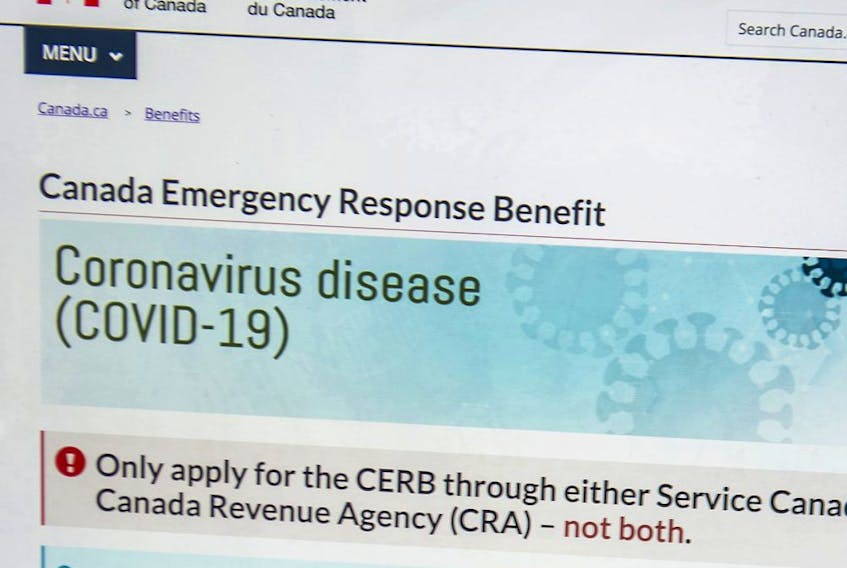I thought of this a long time ago, but it only came back to me with the fortifying help of a large poutine from a local food truck.
Every provincial government — and the federal government, too — should have an office of unintended consequences, ready and able to signal when things are in the midst of going off the rails.

Here’s where I’m coming from. I ordered my poutine, and the order came almost exactly to 10 bucks, so that my change from a $20 bill was a $10-dollar bill and a quarter.
In order to leave a tip, I had to ask the somewhat-harried staff to break the $10 for me. (Often, savvy servers know all about that possibility, and will regularly give you back a five and change instead.)
But that lead me back to something that happened several years ago, when a series of local bars upped the price on their pints of beer. The change added about 65 cents to each pint, but, while the bar owners benefited, there were unintended consequences.
The price increase brought the price just short of $7 — but many customers didn’t pay any of that increase.
As servers told me, the difference was that, after the increase, people kept leaving their small change as a tip, but with the price rising, the 65-cent difference came most frequently not out of the customers’ pockets, but out of the tip. A tip that used to be around 75 cents a pint, suddenly became, in a significant number of instances, a dime.
More than anything else, bar owners were taxing back tips from already-financially-strapped servers.
Problem was, once pandemic closures began ending, some people didn’t want to drop the CERB and come back to their jobs: between the savings of not being on the job (the reduction in things like daycare costs and transportation) and the money coming in, they were better off on CERB than they were working. That equation certainly says something about whether the country’s minimum wages are large enough, but that’s for another day.
So back to the office of unintended circumstances.
Their role would be to look at what happens when new regulations or laws, whether because of a rush to put them in place or simply a failure of imagination, end up causing new problems.
For example, the Canadian Emergency Response Benefit (CERB), was set up by the federal government to help people who, because of the COVID-19 pandemic, no longer had any source of income. Somewhere within the system charged with devising the CERB, a decision was made about the floor amount of the funding: in order to get the money moving as fast as possible, a flat rate of $2,000 a month was set as what would be needed to help maintain basic necessities.
Problem was, once pandemic closures began ending, some people didn’t want to drop the CERB and come back to their jobs: between the savings of not being on the job (the reduction in things like daycare costs and transportation) and the money coming in, they were better off on CERB than they were working. That equation certainly says something about whether the country’s minimum wages are large enough, but that’s for another day.
But for the CERB, an unintended consequence and one that’s continued to linger. It would be good if someone was watching for that sort of issue early — and actually had a mandate to provide suggestions before significant damage is done.
It reminds me of when the government of Newfoundland and Labrador stopped requiring motor vehicle inspections, because too many garages were cheating and letting your car pass inspection in exchange for a cash payment.
But without any inspections at all, what sort of vehicle might be out there driving around on the road?
You don’t even really need an active imagination, or a government office, to answer that one.
Russell Wangersky’s column appears in SaltWire newspapers and websites across Atlantic Canada. He can be reached at [email protected] — Twitter: @wangersky.









